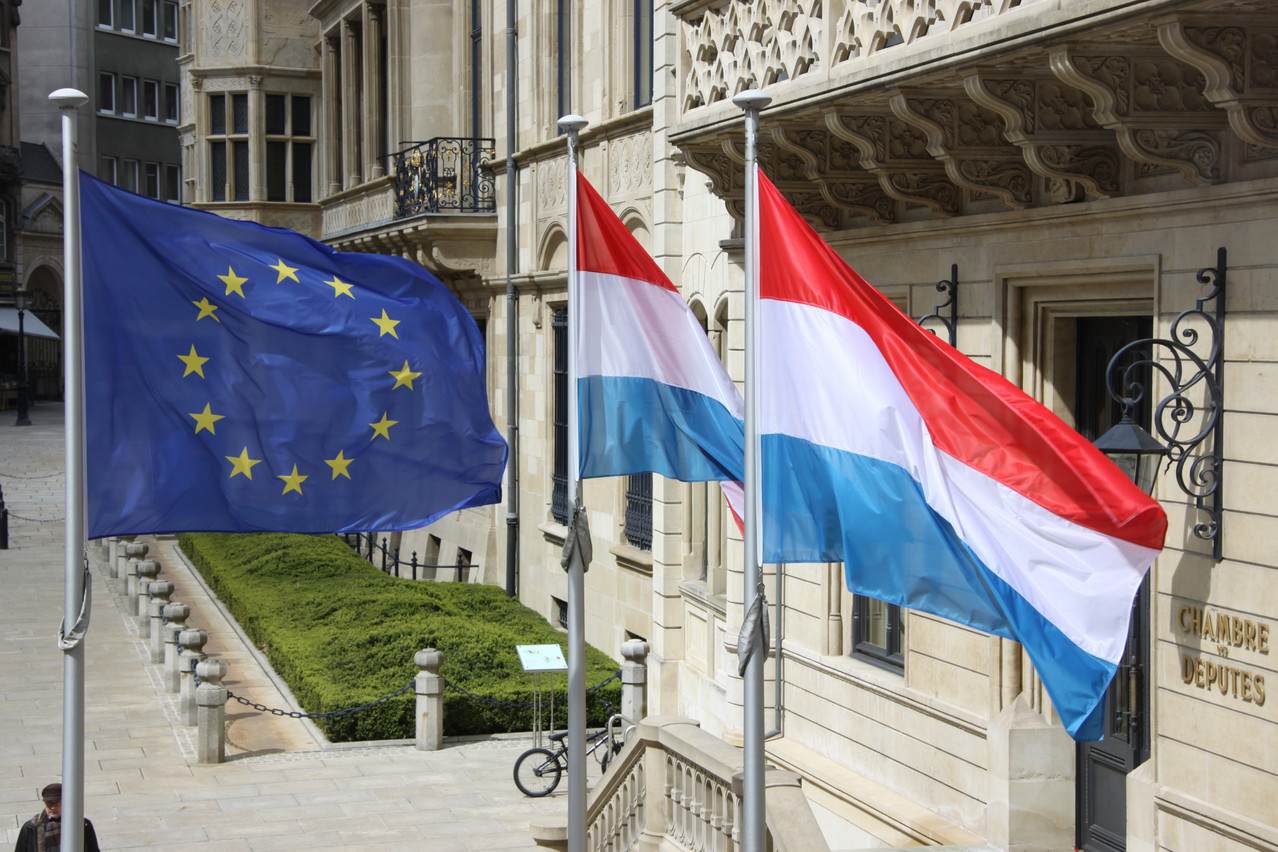While non-nationals can vote in Luxembourg’s communal elections, electing a new parliament is reserved to Luxembourgers. A referendum to change this and give greater political voice to the country’s large international population failed in 2015.
The only route to voting is becoming a Luxembourg national, but applicants going through the process this year must hurry to be able to cast their ballot in October or risk waiting until the next elections, scheduled in five years’ time.
“We organise the language test every day,” said Luc Schmitz, deputy director of the national institute of languages (INL). “There’s a 1.5 to 2 months wait time.” Appointments for tests are currently fully booked, with the first slots opening up mid to end-March.
There is usually a rush in July, Schmitz said, when classes end and the centre organises around 500 tests per week. Last year, just under 3,100 people took the test with a success rate of 67%.
It takes learners following a regular curriculum around 1.5 years to reach the A2 language level required for the spoken part of the test. Candidates must also show B1 listening skills. While the test has been criticised for being too easy, Schmitz said “you hear this from people who don’t really know what’s required.”
The institute’s Luxembourgish courses are more or less fully booked, and its app launched last year has more than 42,600 subscribers. The majority live in Luxembourg and the greater region but also include, for example, 15 learners in South Africa.
Civics course or test
But speaking Luxembourgish isn’t the only requirement. Applicants must complete the “Vivre ensemble au Grand-Duché” programme, a civics course including 24 hours of lessons on the fundamental rights of citizens, institutions, and the history of Luxembourg and European integration.
The next round of courses will begin after the Easter holidays, a spokesperson for the education ministry said in an email. “Details will be published as soon as available.” There are no waiting lists for the course and places are handed out on a first come-first served basis. Registration will open towards the end of March or start of April. There are no courses over the summer holidays.
People who think they know Luxembourg well enough can skip the courses for a test, with dates available from 14 March.
Processing and electoral register
And once all of that paperwork is done and the application file is submitted, it can take up to eight months for the ministry of justice to give the green light and formally bestow Luxembourg citizenship. This delay can be exceeded in exceptional cases, the justice ministry said.
Processing time is shorter at four months for applicants for so-called “nationality by option”. This concerns 10 specific cases only, for example persons who married a Luxembourg national, were born in the country or completed seven years of schooling in the local system, or volunteer soldiers. Some, but not all, of these scenarios also include obligations to complete the language test and civics course.
If all of the steps are achieved before the elections on 8 October and nationality granted, it is important to note that electoral registers close 55 days before the election, in mid-August.
If nationality is granted later in the year and closer to the election date, the new passport holders can seek special permission from their commune to be added to the electoral list. “The practical implementation of this provision will have to be clarified with the competent services of the commune of residence,” a spokesperson for the ministry of state said.
